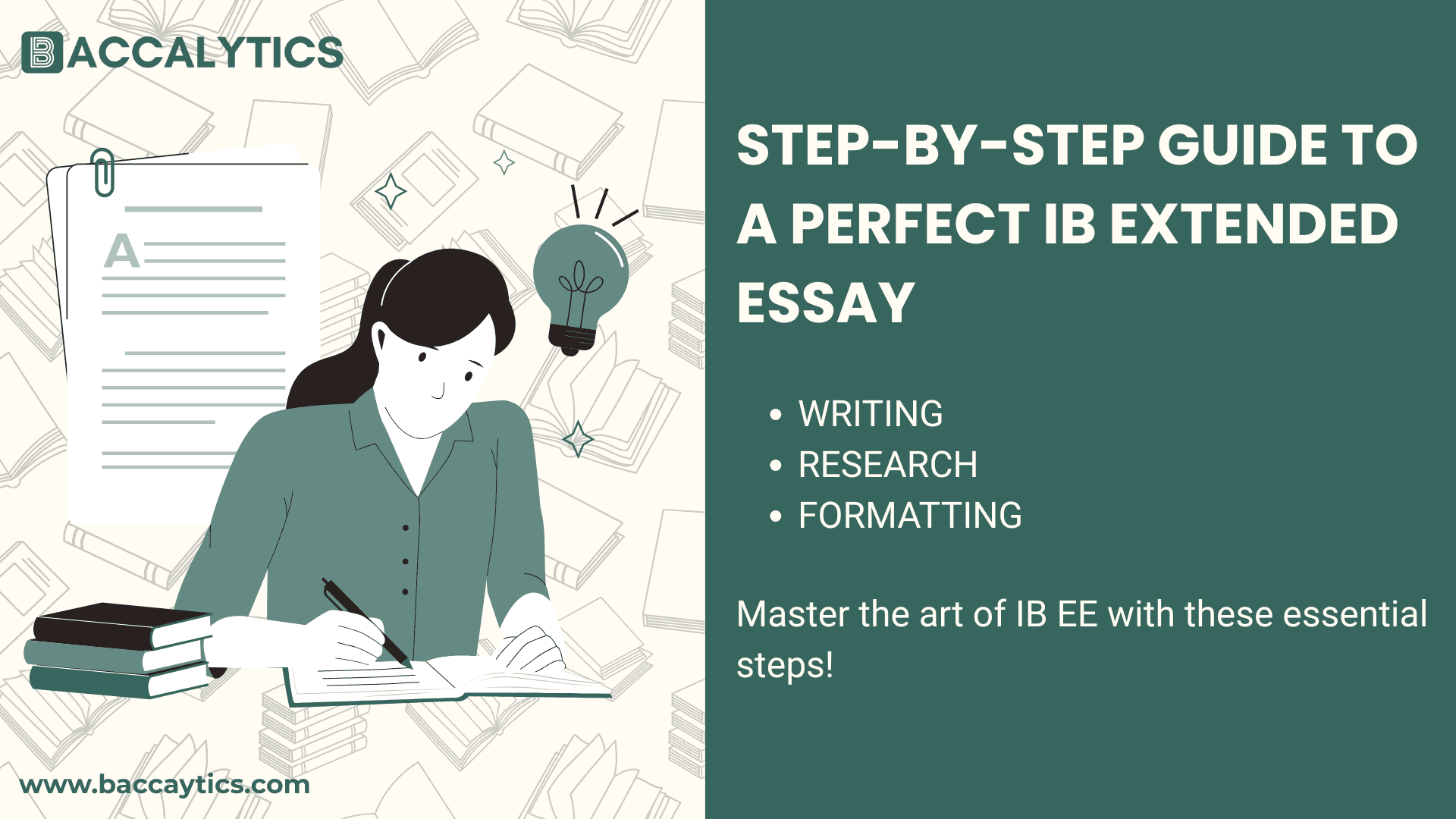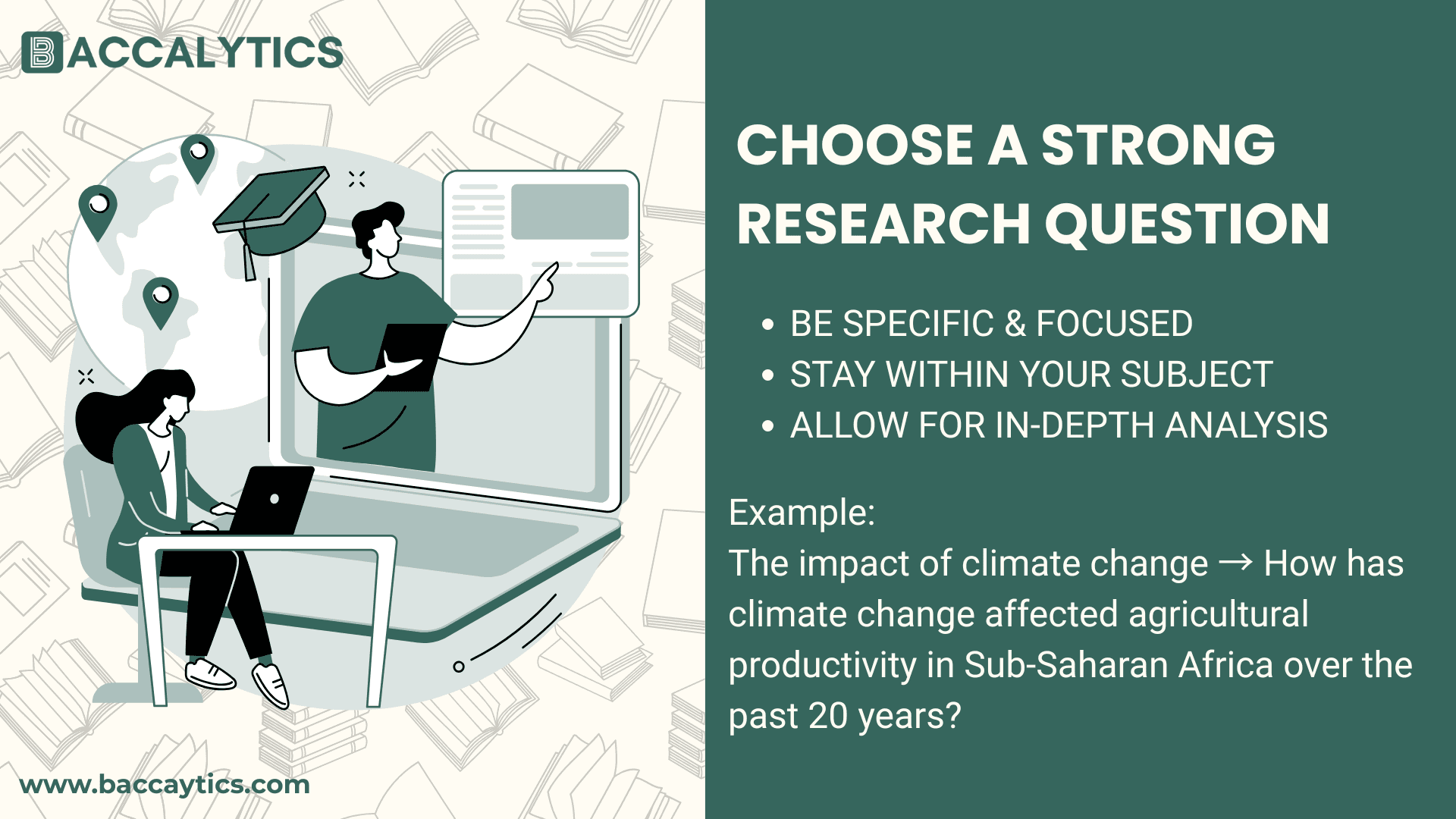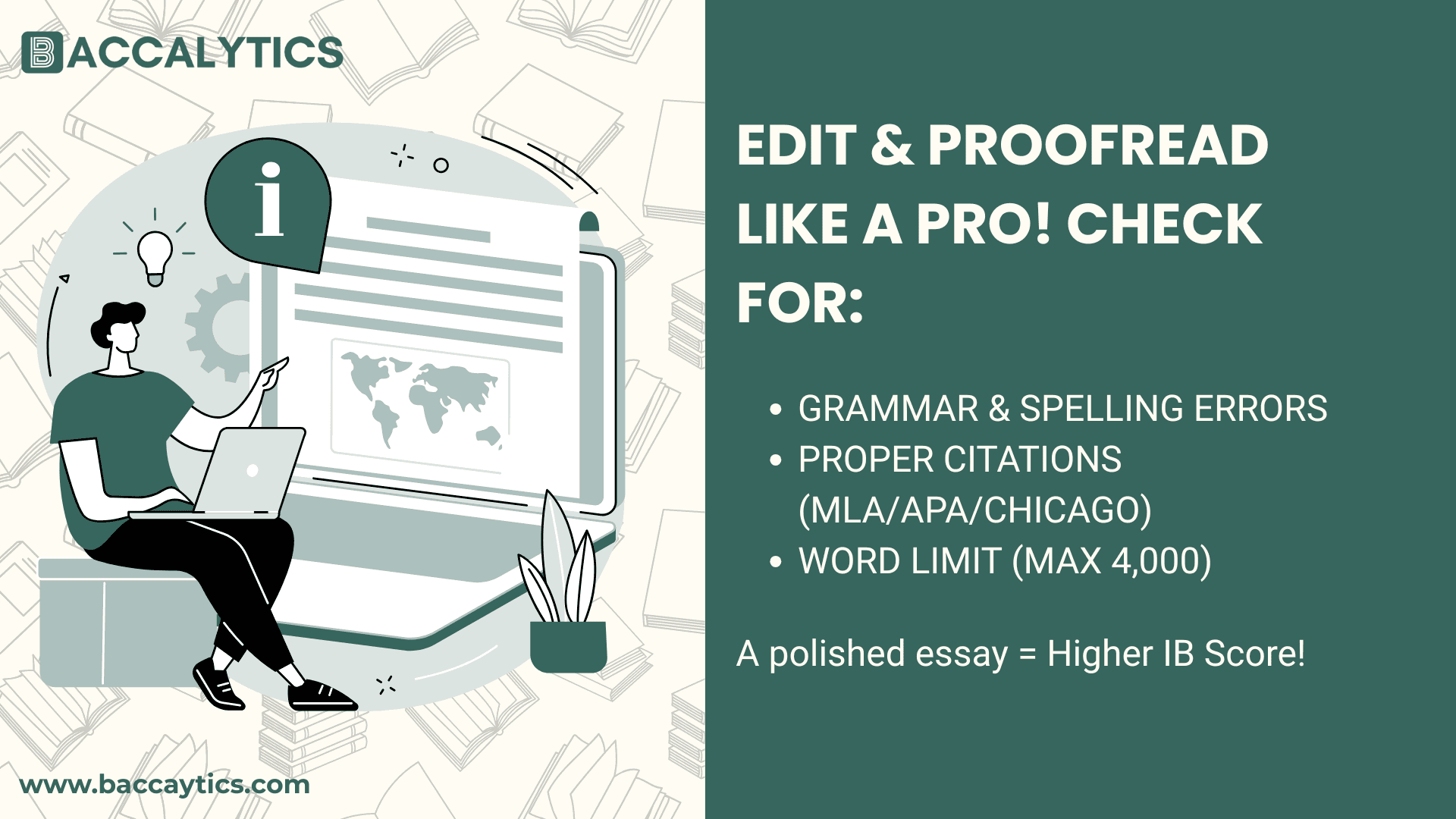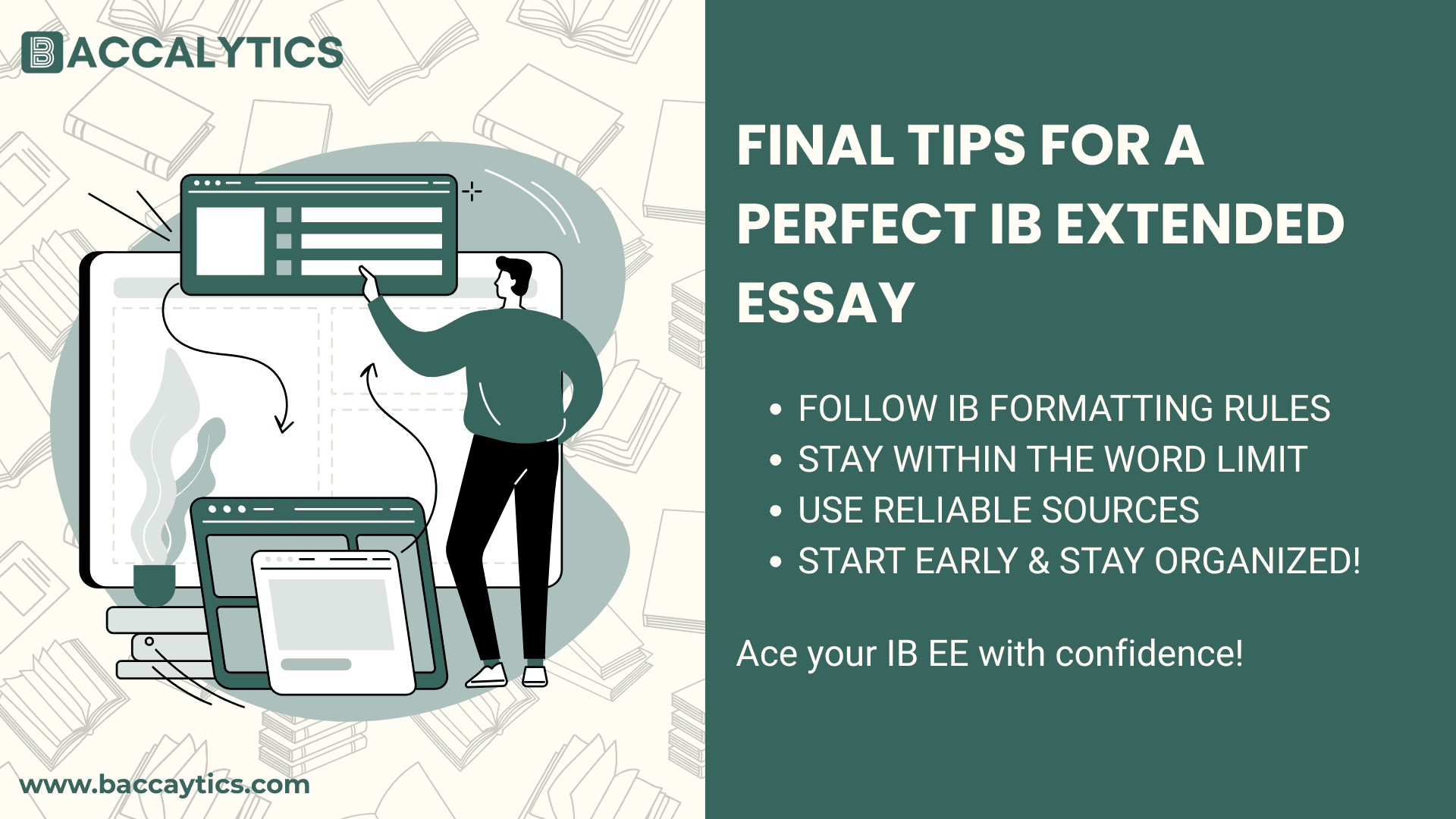
How to Write a Perfect IB Extended Essay: A Step-by-Step Guide
Syeda Rimsha
Introduction
The IB Extended Essay (EE) is a crucial component of the International Baccalaureate (IB) Diploma Programme. It requires independent research on a topic of your choice within one of the IB subjects. A well-written EE can boost your overall IB score and prepare you for university-level research. This guide will take you through the step-by-step process of crafting a perfect IB Extended Essay.
Step 1: Choose a Research Question

Your research question should be specific, focused, and within a subject you are passionate about. A well-defined research question forms the foundation of a strong essay. Avoid broad topics and instead narrow down to a precise aspect that allows in-depth analysis.
Example: Instead of "The impact of climate change," refine it to "How has climate change affected agricultural productivity in Sub-Saharan Africa over the past 20 years?"
Step 2: Conduct Thorough Research
Use reliable sources such as academic journals, books, and credible websites. Take detailed notes and ensure you keep track of citations for your bibliography.
Pro Tip: Use Google Scholar, JSTOR, and the IB Extended Essay guide for quality sources.
Step 3: Create an Outline
A clear structure will help organize your thoughts and ensure a logical flow of ideas. Your IB Extended Essay should include:
- Title Page
- Abstract (Optional for 2024 Guide)
- Table of Contents
- Introduction
- Body Paragraphs (With Subheadings for Clarity)
- Conclusion
- Bibliography & Appendices (If Needed)
Step 4: Write a Strong Introduction
Your introduction should provide background on the topic, explain the significance of your research, and present your research question clearly. Define key terms and outline your essay’s direction.
Step 5: Develop the Body with Critical Analysis

Each body paragraph should present an argument backed by evidence. Use:
- Data and Statistics
- Theories and Concepts
- Case Studies or Examples
Ensure your analysis is objective and considers different perspectives.
Step 6: Craft a Compelling Conclusion
Summarize your findings, restate the importance of your research, and suggest areas for future investigation. Avoid introducing new information in this section.
Step 7: Edit and Proofread

Revise your essay for clarity, coherence, and proper formatting. Check:
- Grammar and spelling errors
- Citation accuracy (Use MLA, APA, or Chicago as per IB guidelines)
- Adherence to the word limit (4,000 words max)
Step 8: Format Your Essay Correctly
The IB has strict formatting guidelines. Ensure:
- Times New Roman or Arial (12pt font)
- Double spacing
- 1-inch margins

Conclusion
Writing an IB Extended Essay can be challenging, but with careful planning, thorough research, and structured writing, you can achieve a top score. Follow this step-by-step guide to make the process smoother and more manageable
